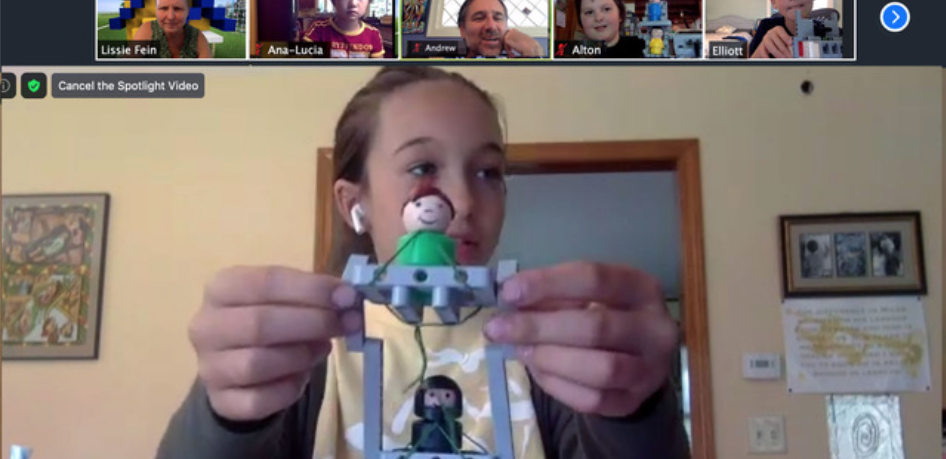
Despite Covid, MGHPCC partner, and STEM community booster activity Holyoke Codes is alive and well and thriving online.
For the past six years, Holyoke Codes has been filling an important gap, developing and teaching workshops geared to providing hands-on experiences for kids and families in coding, robotics, and technology.
Events and activities typically take place at the MGHPCC facility but, without missing a beat, since spring 2020 have taken up residence online where organizers have maintained Holyoke Code's steady flow of classes and workshops virtually, loaning robotics kits, laptops, and second monitors to students for the programs so they can participate at home.
Holyoke Code's core offerings revolve around a rich menu of age-appropriate instruction in a number of languages and coding paradigms among them Python, robotics, Scratch, Minecraft, and 3D Modeling with weekday and weekend programming through the school year and week-long courses over the summer.
Most months programming includes some special event. Recent highlights have included a November cybersecurity workshop where girls in grades 9 - 12 learned about and used tools of digital forensics to solve a fictional whodunnit and, in September, a drone programming class where participants learned to program a drone to take off, fly, do flips, take photos and record video, and more with each student loaned a Tello Edu drone to keep for a week after the workshop.
Besides online classes and tutorials (here is their calendar) team members are also available to provide one-on-one tutorials, small group or ‘pod’ workshops, and courses with school groups upon request. There is a fee for some classes but Holyoke Codes seeks to keep these low. Scholarship funding is also available for those who need it.
Holyoke Codes Maker Jam MGHPCC News